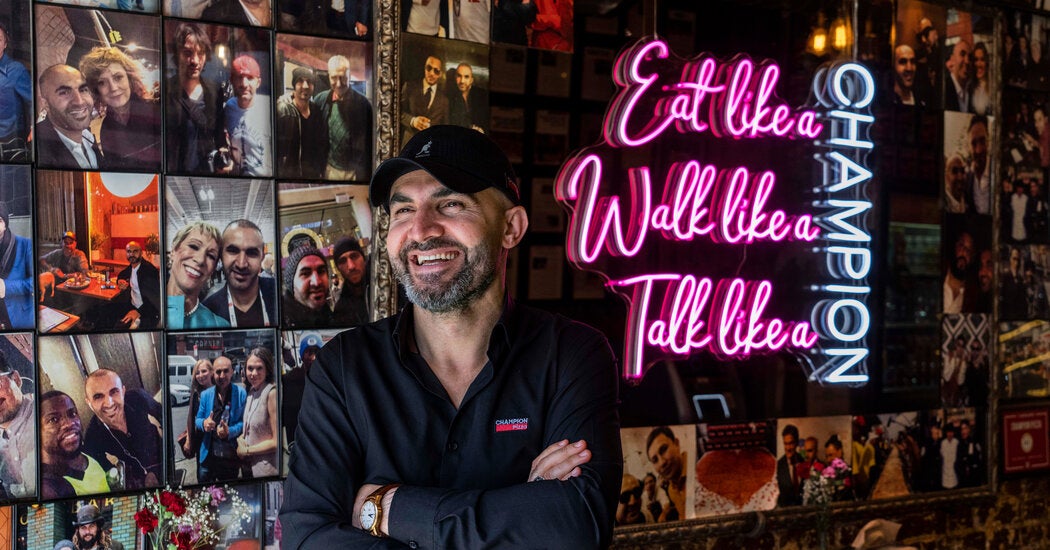
Making It Work is a series is about small-business owners striving to endure hard times.
Hakki Akdeniz, the founder of the Champion Pizza chain in New York City, speaks freely about his past. When he first moved to the United States from Canada in 2001, he was homeless, sleeping in subway cars and at Grand Central Terminal before staying at a shelter for three months.
Mr. Akdeniz’s experience is featured prominently on the website of Champion Pizza, and the company’s dedication to supporting people who are homeless is key to its mission. Mr. Akdeniz, 43, is part of a growing group of small-business owners incorporating some of the most intimate aspects of their private lives into their company’s brands, according to experts and business observers.
Company founders telling their personal back stories is not a new phenomenon. These stories are often straightforward, rosy accounts of a determined person who sets out to solve a problem. But a new generation of founders are distinguishing themselves with narratives that aren’t clean-cut, easily digestible stories of how their businesses came to be, experts say. They include tales of homelessness, addiction, incarceration, mental illness and physical health.
Many small-business owners say they are choosing to be transparent about a difficult period in their lives and, in turn, build deeper relationships with their consumers. But what happens when companies reveal some of the darkest moments of their founders’ lives? Will consumers relate or be turned off by too much information?
In recent years, an increasing number of small-business owners have been divulging sensitive details about their past in company messaging, said Tulin Erdem, a professor of marketing at the New York University Stern School of Business and the chair of the university’s marketing department. Dr. Erdem said it was a “positive trend” that could inspire connection with customers, as long as it was genuine and relevant to a company’s product or service.
“Some people won’t like it,” she said, but added that those who don’t are probably not the target customer.
